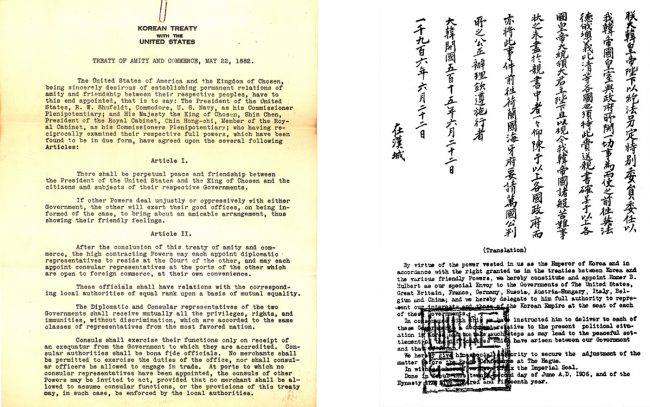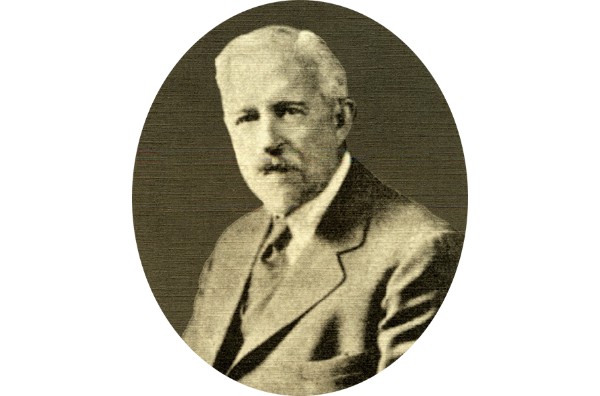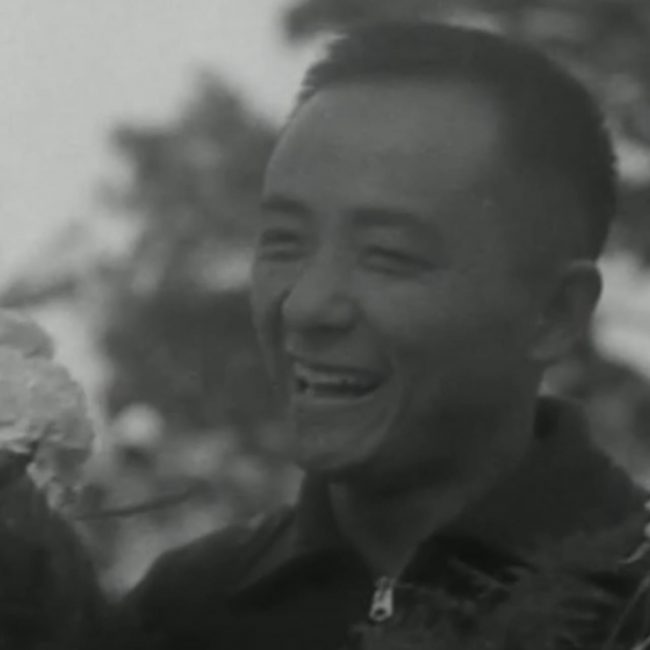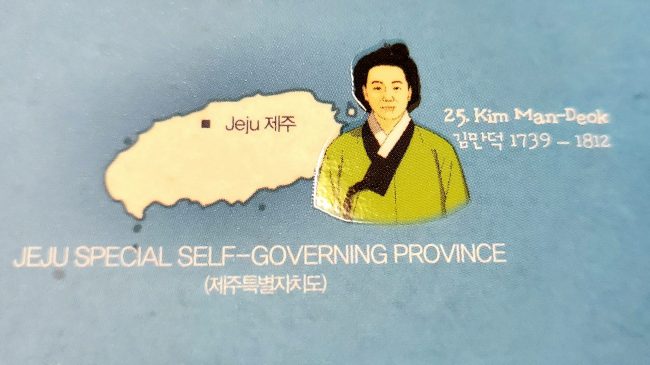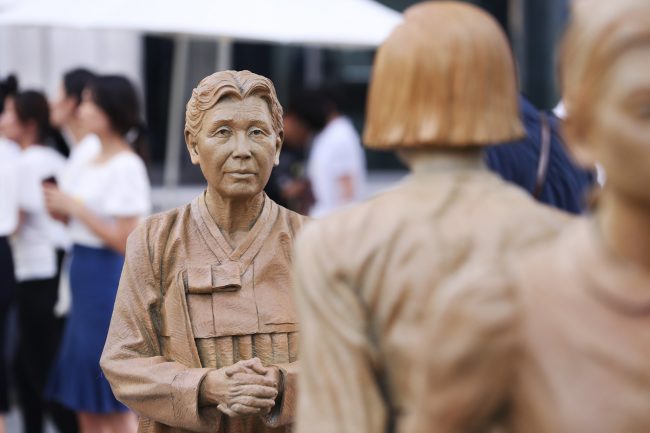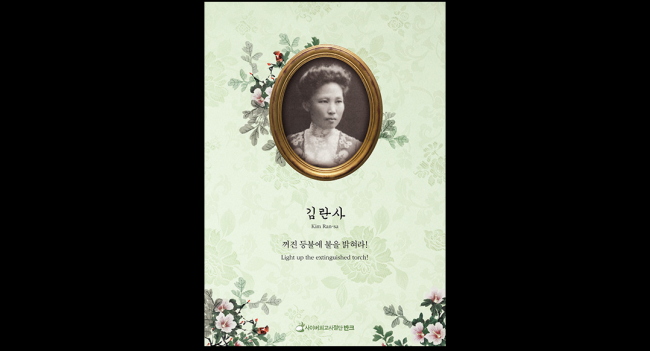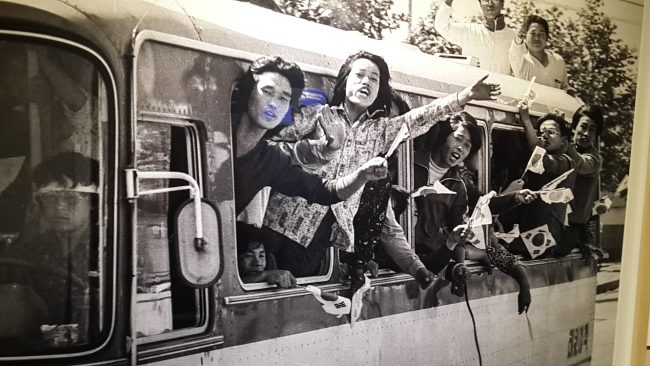Homer B. Hulbert and Korean Liberation
An Advocate for 63 Years Homer B. Hulbert made a lifelong commitment to educating and advocating for Korea. While most of his reputation and prestige comes from his efforts in the education sector, his work in the advocacy and liberation of Korea cannot be ignored. As a close friend to the Korean emperor, he was…
